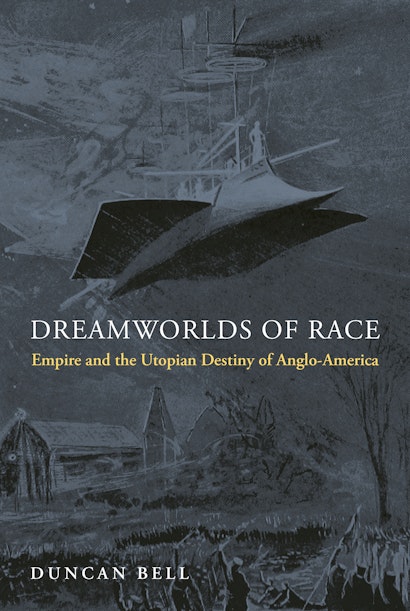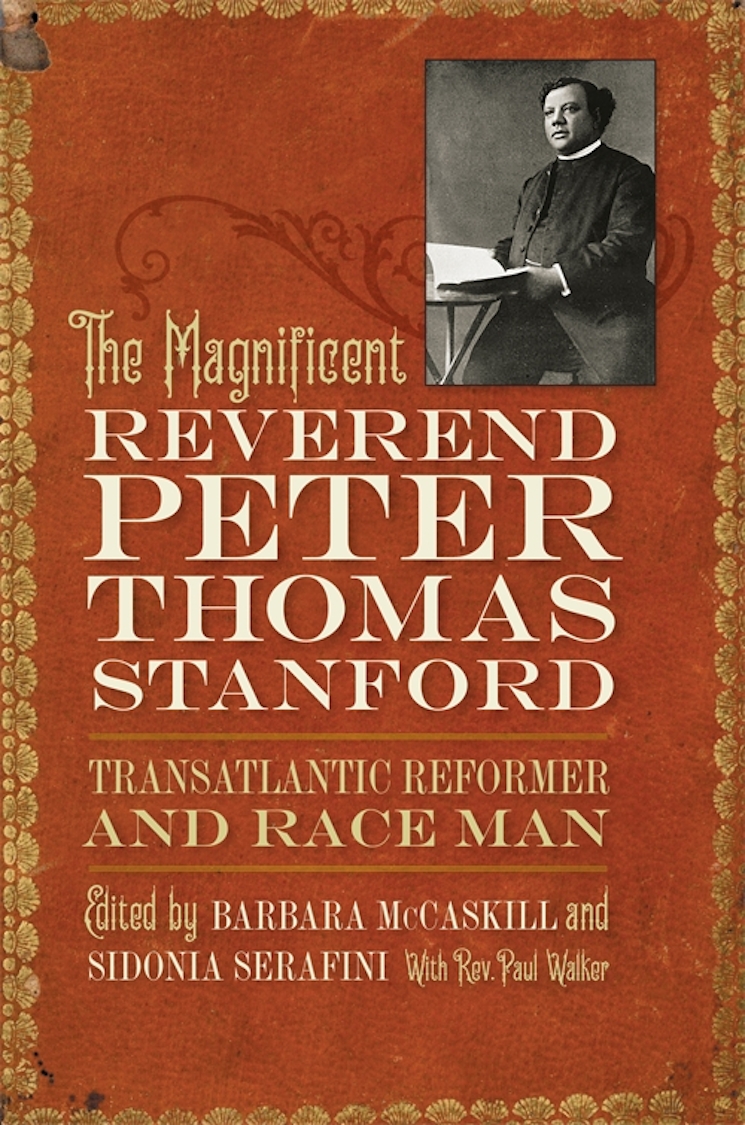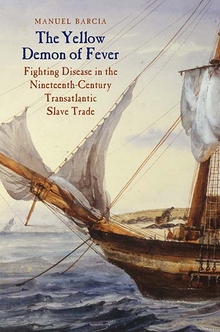Pettitt, Clare. 2020. Serial forms. The unfinished project of Modernity, 1815-1848. Oxford: Oxford University Press
Most lovers of 19th-century literature will be familiar with celebrated African American abolitionist, orator, and author Frederick Douglass. However, few of us are probably aware of the extent of Douglass’s efforts across the Atlantic to promote abolitionism and also to dismantle colonialism. This book chapter, “Biopolitics of Seriality,” from Claire Pettit’s book Serial Forms underpins Douglass’s involvement in the fight for equality, human rights, and mere food security even in Ireland—part of the British Empire— and the amazing friends and relationships he cultivated as a result of his interventions. The book chapter which is quite wide-ranging notes a late-career publication of Douglass’s, his 1886 reminiscences of the condition of the Irish when he visited Ireland decades earlier. Just as well, though, it does a masterful job of drawing Douglass’s enslaved experience into the relationship that he shared with the Howitt’s and shows why Douglass was so visceral in his critique of Irish colonialism and why he was so moved by the oppressed Irish and thus felt compelled to confront it. As Clare Pettit has argued, this chapter suggests that we need to develop a more complex way of thinking about the developing relationship between kinship, citizenship, and biopolitics at this critical historical moment. Arguably, Douglass was the perfect person to undertake this task.
Reviewed by Alonzo Smith






